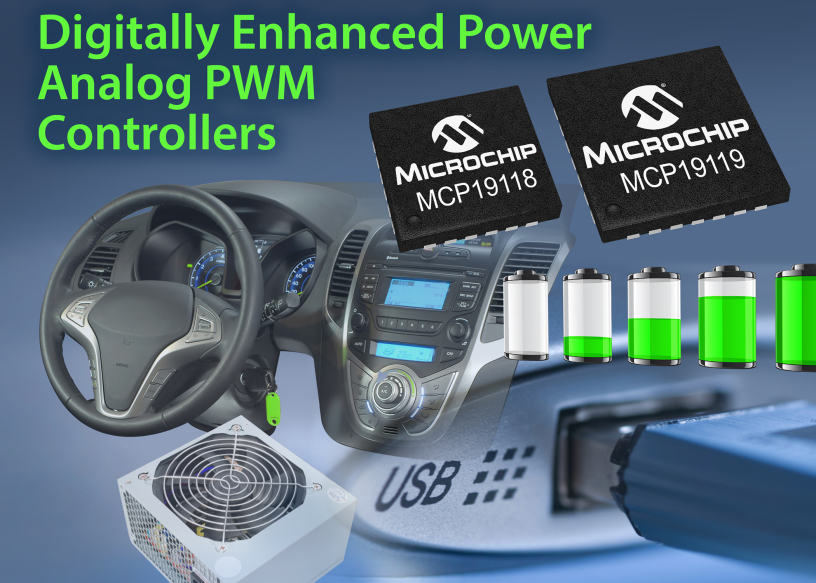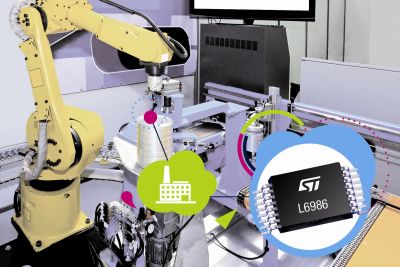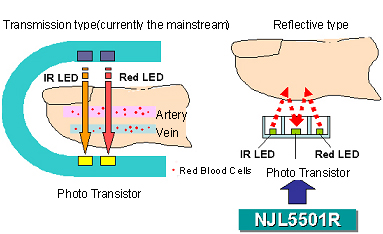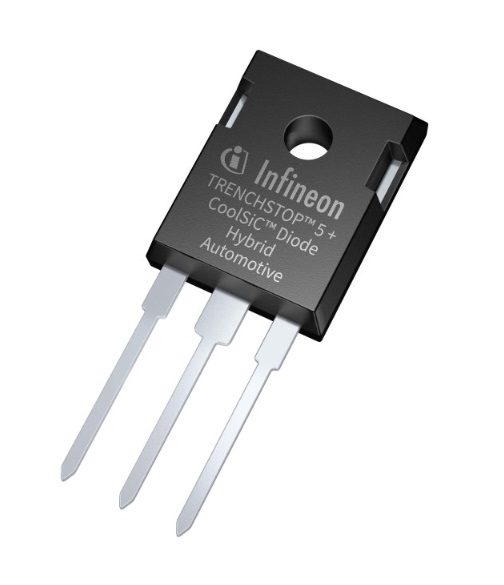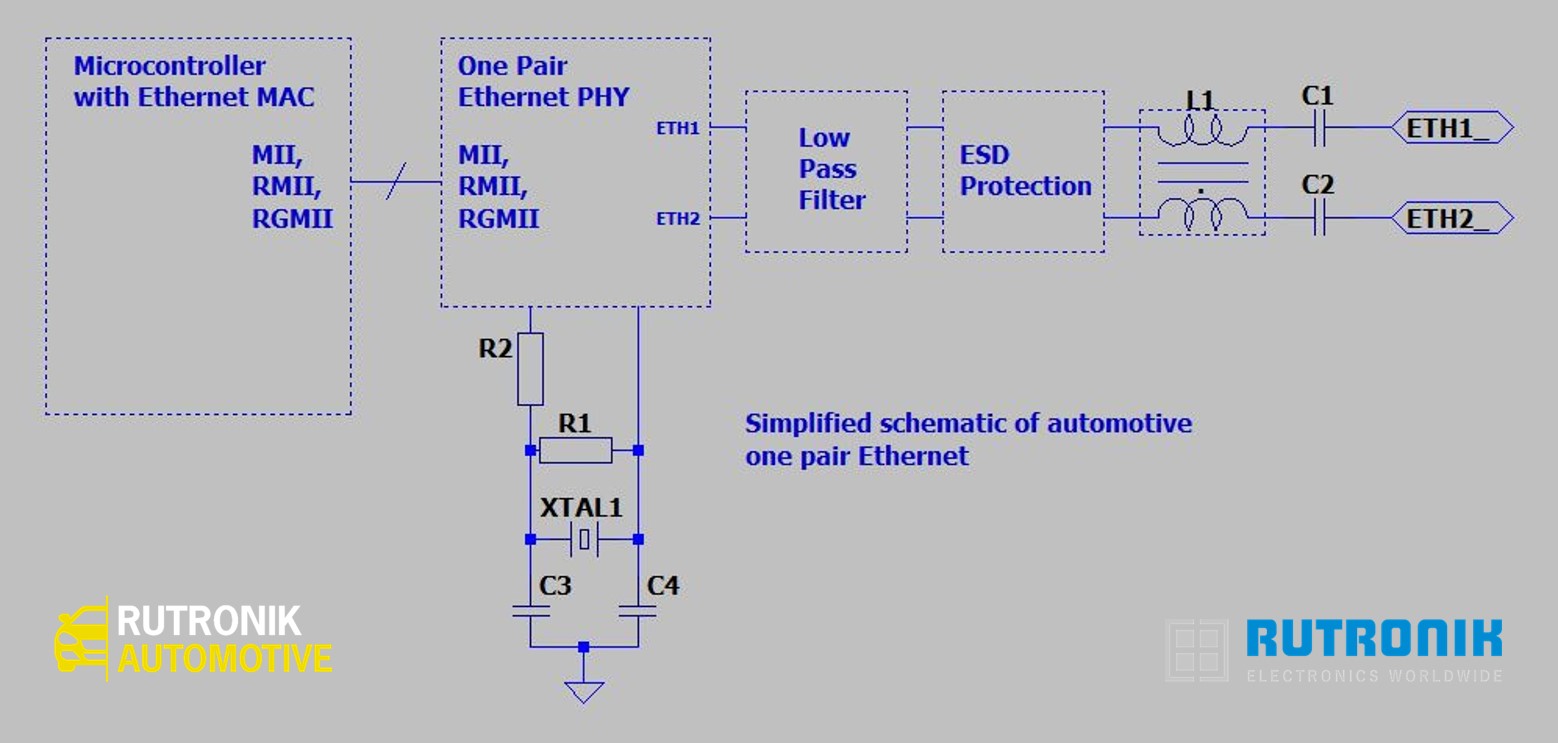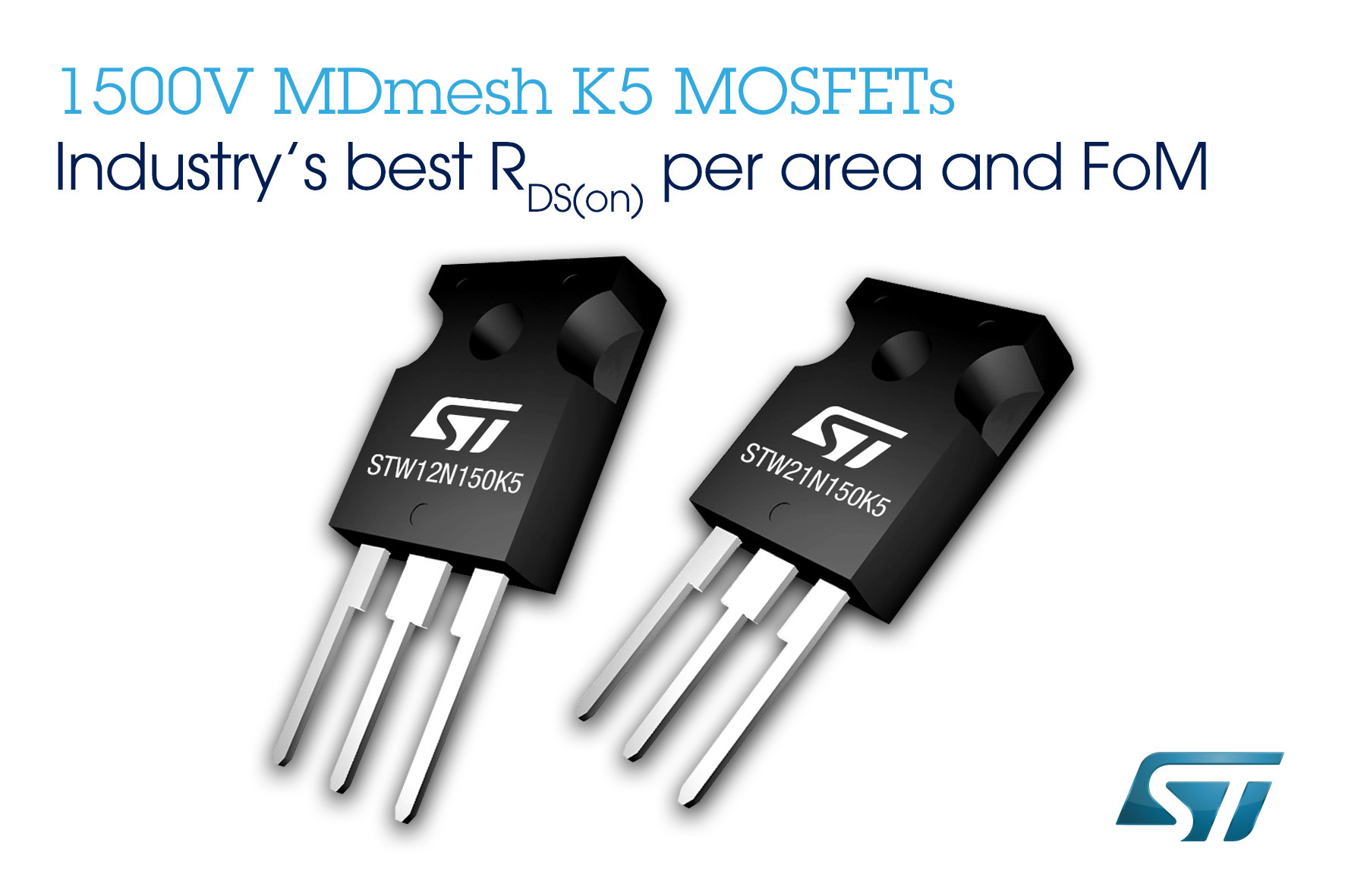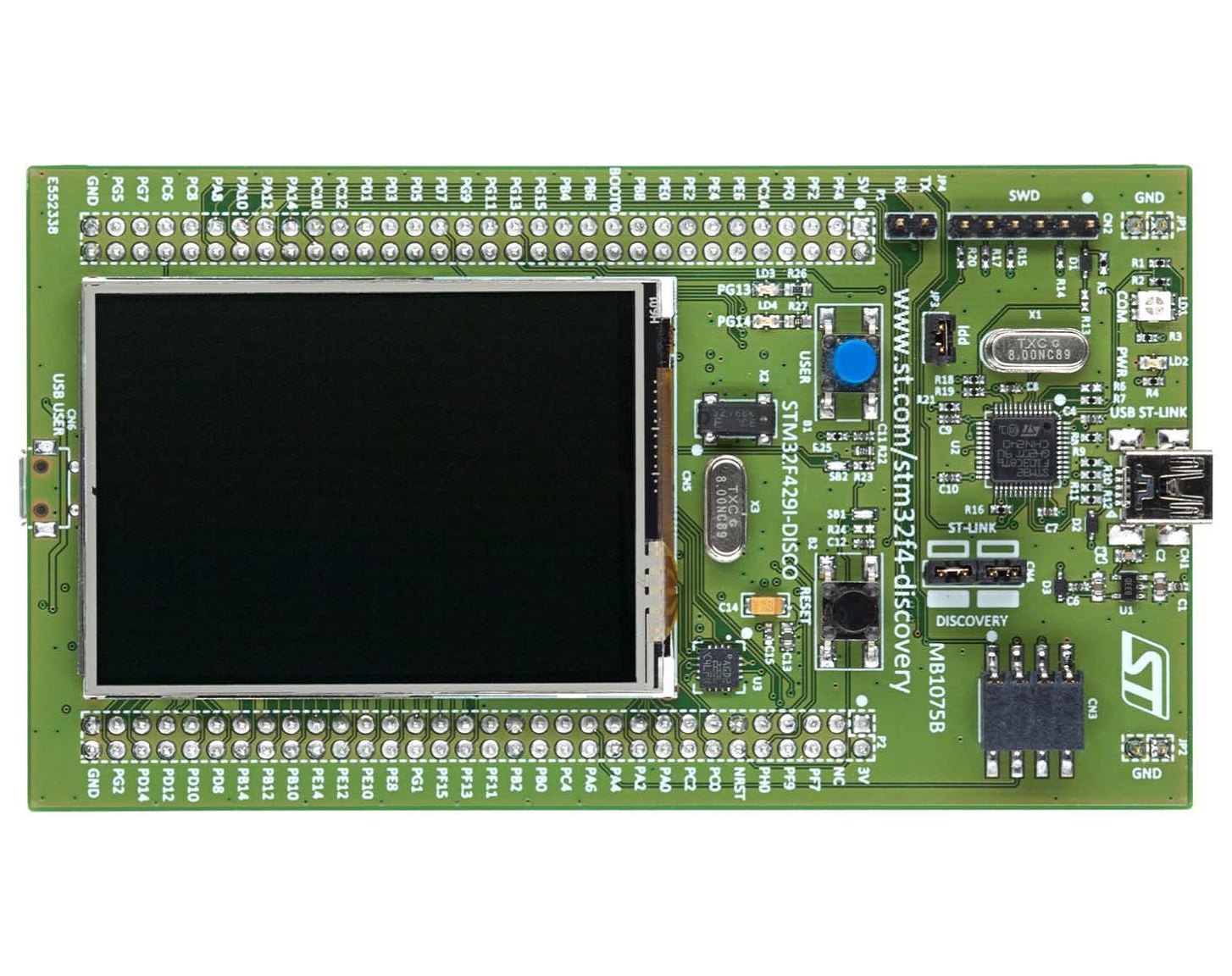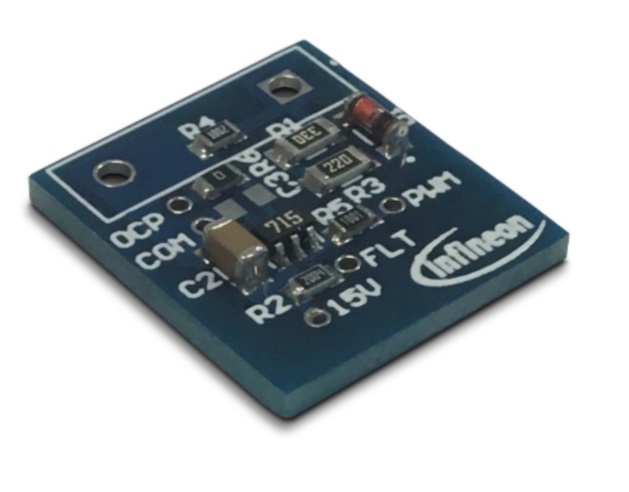New Digitally Enhanced Power Analogue Controllers from Microchip Offer
Key Facts:
- MCP19118/9 provide simple analogue PWM control and configurable MCU in compact circuit solution
- Industry’s first PMBus™ compatible controller with up to 40V operation
- Supports two-way communication for monitoring and fault reporting
- Re-configuration via on-the-fly firmware upgrades supports multiple applications & variable charging voltages of USB Power Delivery and USB type C connector
Microchip announces its latest Digitally Enhanced Power Analogue (DEPA) controllers—the MCP19118 and MCP19119 (MCP19118/9). They provide simple yet effective analogue PWM control for DC-DC synchronous buck converters up to 40V, with the configurability of a digital MCU. They are also the industry’s first devices to combine 40V operation and PMBus™ communication interfaces. These features enable quick power-conversion circuit development with an analogue control loop that is programmable in the integrated 8-bit PIC® MCU core’s firmware. This integration and flexibility is ideal for power-conversion applications, such as battery-charging, LED-driving, USB Power Delivery, point-of-load and automotive power supplies.
In addition to the rapidly growing popularity of digitally-controlled power supplies, due to their configurability for a variety of operating conditions and topologies, power system designers also have an increasing need for the ability to report telemetry and conduct two-way communication, typically for monitoring and fault reporting, via standard communication interfaces such as PMBus. Additionally, the recently released USB charging specifications, USB Power Delivery and the USB type C connector, include variable charging voltages which allow for rapid device charging, but add potentially difficult hardware requirements.
By integrating a supervisory microcontroller, the MCP19118/9 devices can create programmable power supplies. Key system settings, such as switching frequency from100 kHz to 1.6 MHz, current limits and voltage setpoints, can be adjusted on-the-fly during operation by issuing write commands to the registers in the device. One design can then be reused for additional applications, using firmware updates to change the configuration, which minimises design, production and inventory requirements across multiple platforms.
Additionally, the integrated MCU core can be used to monitor other parts of the application to sequence start-up operations; intelligently manage faults, under-voltage or brown-out conditions; perform housekeeping functions; adjust power outputs in response to load requirements, such as battery charging or USB port power; and assisting with the module’s external interfaces by monitoring or delivering signals to the user or system. With integrated linear regulators, PWM generators, ADCs, MOSFET drivers, analogue error amplifiers and control-loop compensation, the MCP19118/9 devices provide a very compact circuit solution. Properly implemented, this system is capable of high conversion efficiency and excellent transient response for reduced system power losses, smaller heatsinks and longer battery life in portable applications. These DEPA devices can also provide data over the I2C™ interface, using customized SMBus or PMBus compatible commands.
MCP19118/9 programming assistance is available via the MCP19111 Design Analyzer and the MCP19111 Graphical User Interface Plug-in for MPLAB® X IDE. Both of these software tools are available today, via a free download from the “Documentation & Software” section of the above links. Additionally, Application Note AN1541 describes how to use these tools.
Microchip’s full suite of standard development tools also support the MCP19118/9 DEPA controllers, including the MPLAB X Integrated Development Environment (IDE), PICkit™ 3 (PG164130), PICkit Serial Analyzer (DV164122), and the MPLAB XC8 Compiler.
The MCP19118 and MCP19119 are both available now for sampling and volume production. The MCP19118 is offered in a 4×4 mm, 24-pin QFN package, while the MCP19119 is available in a 5×5 mm, 28-pin QFN package.
For more information, visit Microchip’s Web site at: http://www.microchip.com/get/MME2

